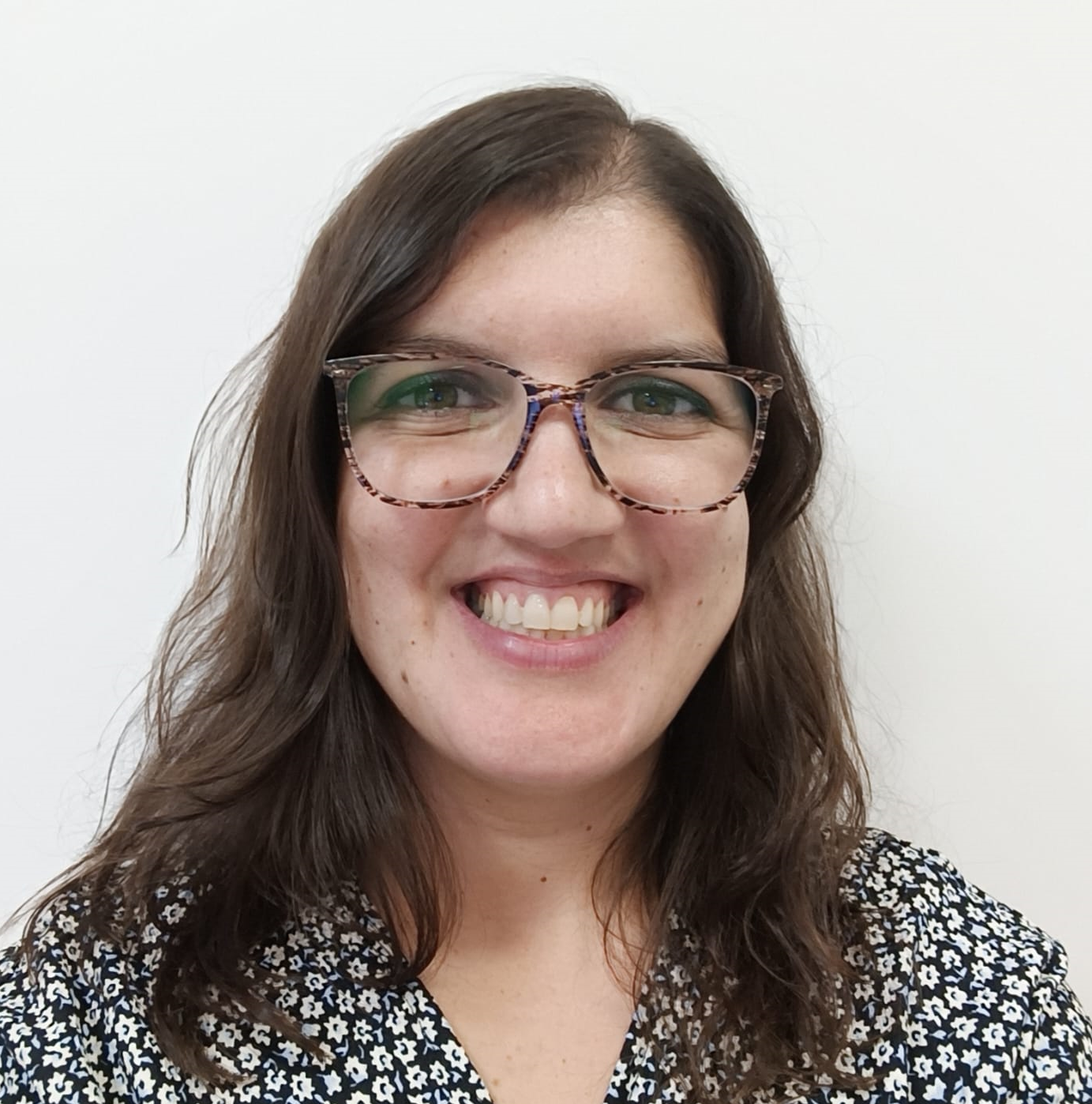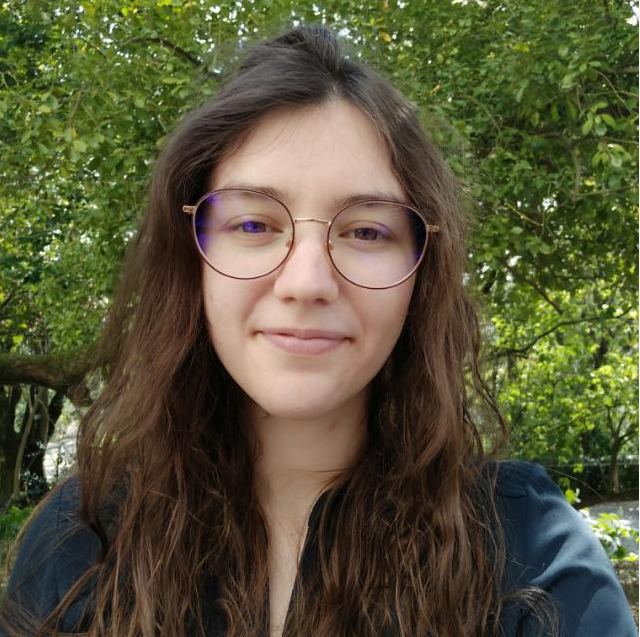By Ashley Moses, edited by Andrew S. Cale Each year, millions of scientific research papers are published. Virtually none of them can…
SoapBox Science Coimbra: Women researchers share science on the streets
By Ana Santos-Carvalho and Carolina Lebre, edited by Andrew S. Cale
Excessive use of technical jargon can be a significant barrier to the general public’s ability to learn scientific knowledge. An increasing number of scientists have recognized this issue and the importance of communicating with broader audiences. As a result, many are leaving the confines of their laboratories to share their scientific research with the general public in a more accessible manner. SoapBox Science, an international science communication initiative inspired by the Hyde Park speaker’s corner, is one such event that brings science to the general public.
In Coimbra, Portugal, one of over 60 cities worldwide participating in SoapBox Science, a team of women connected by science, and supported by the Institute of Interdisciplinary Research of the University of Coimbra (iiiUC) hosted the second edition of SoapBox Science Coimbra. In this ideologically divided city, the goal of these 15 women from diverse backgrounds and career stages was to not only share their scientific research with the common citizens, but also share their narratives and experiences as women in science. Since women are often underrepresented in STEAM (science, technology, engineering, arts, mathematics), they sought to encourage more women to join these growing disciplines by highlighting the research and journeys of successful women. In preparation, the researchers were trained in communication techniques to help them effectively convey their scientific messages in the middle of busy streets, on top of a box, and without a microphone.

On November 23rd, 2023, the speakers of SoapBox Science Coimbra took to the streets to break down the barriers between women scientists and society. This event coincided with Portuguese Science and Technology Week, side by side with the National Day of Scientific Culture that takes place on November 24th, marking the birthdate of the Portuguese father of Scientific Literacy Rómulo Carvalho. To reach as many people as possible, the women scientists presented their science to the public on the busy, historic streets of downtown Coimbra, Portugal for the entire day. Two iconic downtown locations were specially selected: Café Santa Cruz and Edifício Chiado (Figure 1), both significant hubs of culture and history. Café Santa Cruz is a historical café that hosts Fado, a Portuguese style of music in regular concerts, and Tertulias, gatherings of people to discuss various subjects, especially literary ones. Similarly, Edifício Chiado is part of the City Museum, hosting both temporary and permanent exhibitions. During this time, passersby could stop to interact with and learn from the local female researchers, thus increasing their scientific knowledge and reinforcing the importance of women in STEAM fields.
Going back to the Middle Ages, the downtown district of Coimbra marked the end of the city’s high walls and historically served as a space for commerce by merchants and craftsmen rather than scientific inquiry. In an effort to change that precedent, the Agência para Promoção da Baixa de Coimbra (APBC), the downtown district’s promotion agency, has been collaborating with iiiUC to dynamise the historical part of the city by fostering science communication initiatives such as European Researcher’s Night, SoapBox Science Coimbra, among others.

I went completely out of my comfort zone and took a chance on a very different form of scientific communication.
SoapBox Science Speaker
While some people simply passed by, many others were intrigued by the speakers and paused to listen and interact with the speakers. In these moments, the SoapBox Science Coimbra speakers were able to share their passion and knowledge of many scientific areas including geotechnics, soil protection, microbiology, mycology, food science, chemical engineering, clinical medicine, neurosciences, psychology, sociology, and the role of women in hierarchical structures. To demonstrate their research, many speakers brought along with some items related to their fields of study (Figure 2 and Table 1).
| Researcher Name | Field of Study | Talk Highlights |
|---|---|---|
| Aida Moreira da Silva | Food Science and Technology | Provided an opportunity to taste the “pearls of the Portuguese coast”, the Portuguese white crowberry (“camarinhas”), a berry that has not yet been studied, but may have immense gastronomic and health potential. |
| Amanda Mendonça | Civil Engineering with a specialization in Geotechnics | Presented innovative strategies to control erosion in the Mondego estuary, the river that crosses Coimbra. |
| Catarina Miranda | Neuroscience and plastics | Brought a brain made with plastic waste, as she’s been studying its effects on the brain. |
| Gisiela Klein | Climate change and disinformation | Discussed the impact of disinformation and the relevance of fake news, namely about climate change. She distributed some flyers to help people identify real news. |
| Isabella Alves | Sociology of Law | Highlighted the relevance of housing rights, and the challenges facing society, comparing housing situation in Portugal and Brazil. |
| Joana Caldeira | Microbiology | Shouted to proclaim the importance of (super)microorganisms as journal street sellers used to do in the streets. She studies microorganisms’ processes useful in treating mine residues. |
| Lília Jorge | Neuroscience | Explored a possible link between Alzheimer’s Disease and Down Syndrome. |
| Marcela Matos | Psychology | Taught about the real concept of compassion and its impact on biology and health. |
| Maria Inês Roque | Chemical Engineering | Discussed how unwelcome byproducts generated during the water decontamination process are removed. |
| Maria João Silva | Chemical Engineering | Shared contaminants of emerging concern, as well as their relevance and effects. |
| Mariana Laranjo | Neuroscience | Guided the audience through the brain’s busy traffic. She also explained how some neurons control and inhibit certain brain functions. |
| Marie Bartz | Soil biology and soil conservation | Brought a flask containing earthworms found throughout different regions of the world to demonstrate the importance and impact of soil conservation. |
| Natália Ferreira | Surface treatments to improve aeronautical components | Demonstrated tests she performs to keep passengers safe while flying using a small aircraft. |
| Susana C. Gonçalves | Conservation Mycology | Presented the audience with a basket full of mushrooms of various colors and shapes to share the importance of recording its diversity and invited everyone to contribute through the citizen science project “Mushrooms in the City” |
| Teresa Sevivas | Medicine | Showcased a pair of high heels as a metaphor of her career journey (Figure 1), while sharing it with the public. |
As the hours progressed, it became clear that the speakers standing on top of the “soapbox” had a valuable experience, not only because it was a new challenge, but because they felt supported by their peers and confident in their role as science communicators. Two scientists shared, after the event, “I went completely out of my comfort zone and took a chance on a very different form of scientific communication.” and “I learned about diverse science. I challenged myself and gained more experience and communication skills. Above all, I gained a sense of belonging to an incredible community, women who do science at the University of Coimbra.”.
I learned about diverse science. I challenged myself and gained more experience and communication skills. Above all, I gained a sense of belonging to an incredible community, women who do science at the University of Coimbra.
SoapBox Science Speaker
SoapBox Science Coimbra proved to be a great opportunity for scientists to educate the public on a variety of topics while networking, learning, and improving new transferable skills in communication. Bringing women researchers to downtown Coimbra empowered them as scientists, as women, and encouraged them to share their experiences and their passion for science with everyone who passed by, regardless of their level of knowledge and age. Ultimately, SoapBox Science Coimbra helped break down the barriers between the public and the scientific community, making knowledge more accessible to all.
Acknowledgments
We would like to acknowledge the SoapBox Science Coimbra Organizing Committee (Beatriz Marques, Clara Barata, Daniela Costa, Inês Simões, Natacha Perpétuo, Pâmela Aguiar, Rita Martins & Shiva Saadatian), all the speakers, APBC, Café Santa Cruz and Edifício Chiado.

Ana Santos-Carvalho is a researcher and science communication coordinator at Institute of Interdisciplinary Research, University of Coimbra, Portugal. She is responsible for several SciComm initiatives, such as European Researchers’ Night at Coimbra, Three Minute Thesis Competition (UC 3MT) and SoapBox Science Coimbra.

Carolina Lebre is a PhD candidate at Center for Neuroscience and Cell Biology University of Coimbra, Portugal. Her research focuses on studying the relationship between the immune system and postnatal neurodevelopment. She enjoys being involved in science communication activities either participating or organizing them.